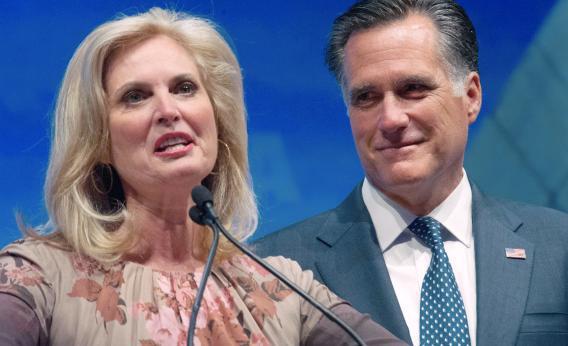The political story of the day is that Mitt Romney was caught yesterday making what he thought were private remarks to conservatives donors and in doing so he pulled back the curtain a little bit on specific policy agenda items that he thinks may be too controversial to highlight in the public campaign. But the most telling moment was the extreme timidity of even the “secret” agenda on taxes. The centerpiece of Romney’s thinking on taxes, shared with House Budget Chair Paul Ryan, is that it should be possible to enact steep reductions in the marginal rates paid by rich people while recouping the revenues by eliminating tax deductions. In theory, that’s doable. But as I’ve said before, it’s really difficult and not just for political reasons. Non-taxability of health insurance, pensions, mortgage interest, and charitable deductions are main tentpoles of health care, retirement, housing, and cultural policy in the United States. These can and should be reformed, but you can’t just sweep them aside and replace them with lower marginal tax rates.
So this is what we get from Romney:
“I’m going to probably eliminate for high income people the second home mortgage deduction,” Romney said, adding that he would also likely eliminate deductions for state income and property taxes as well.
“By virtue of doing that, we’ll get the same tax revenue, but we’ll have lower rates,” Romney explained. “The nice thing about lower rates is that small businesses now get to keep a larger share of what they’re earning and plow it back in to hire more people and expand their business.”
Eliminating the mortgage interest tax deduction for second homes is an excellent idea. But it doesn’t raise very much revenue. And Romney’s suggestion that he’d only embrace a limited elimination of it targeted at high income people suggests a plan that raises even less revenue. That doesn’t mean it’s not worth doing, but it does mean that you absolutely cannot pay for a substantial tax cut by eliminating it. The deductibility of state income taxes is a bigger deal—the fifth largest large expenditure on the Congressional Research Service’s list—but this still leaves us with the fact that even in secret off-the-record talks with donors, Romney is talking about leaving 90 percent of tax expenditures in place. The timidity of these proposals is somewhat regrettable, though also understandable. The key point is simply that these are not the kind of ideas that will support large cuts in tax rates. To enact those, you either need to substantially increase the medium-term deficit or else you need to enact much deeper spending cuts than Romney has indicated.
